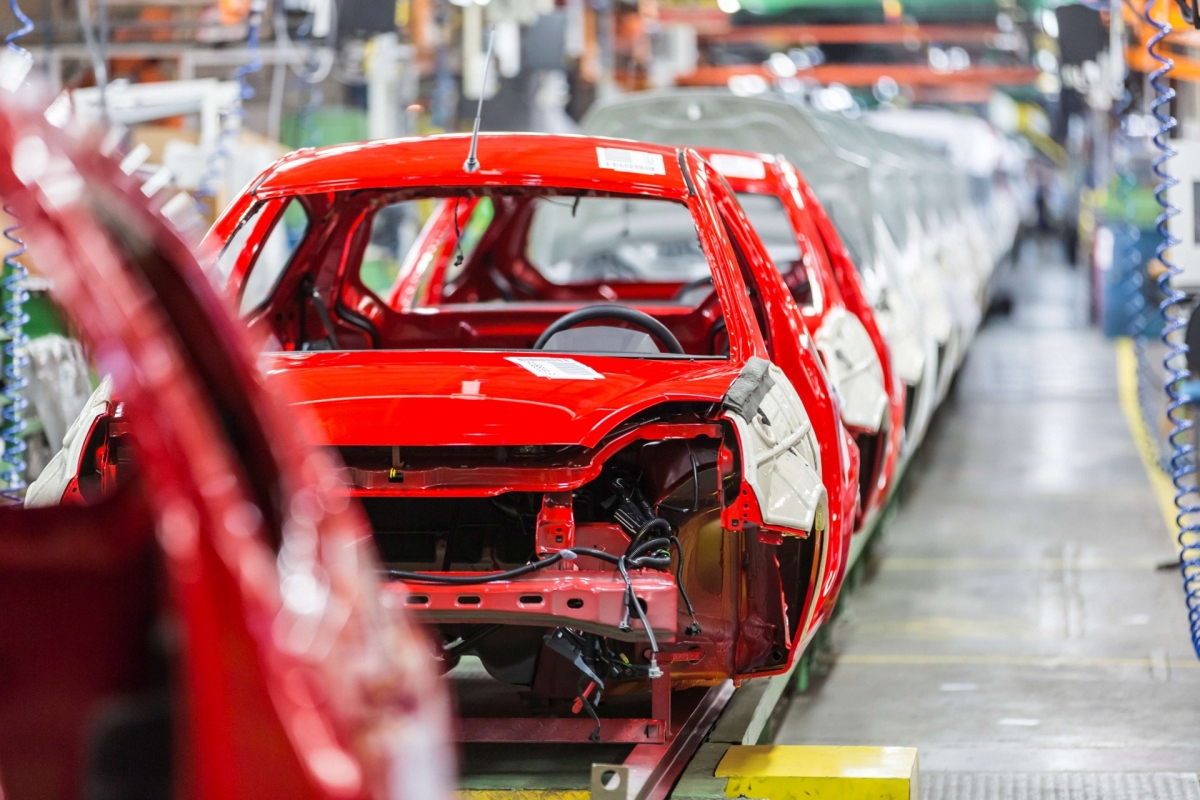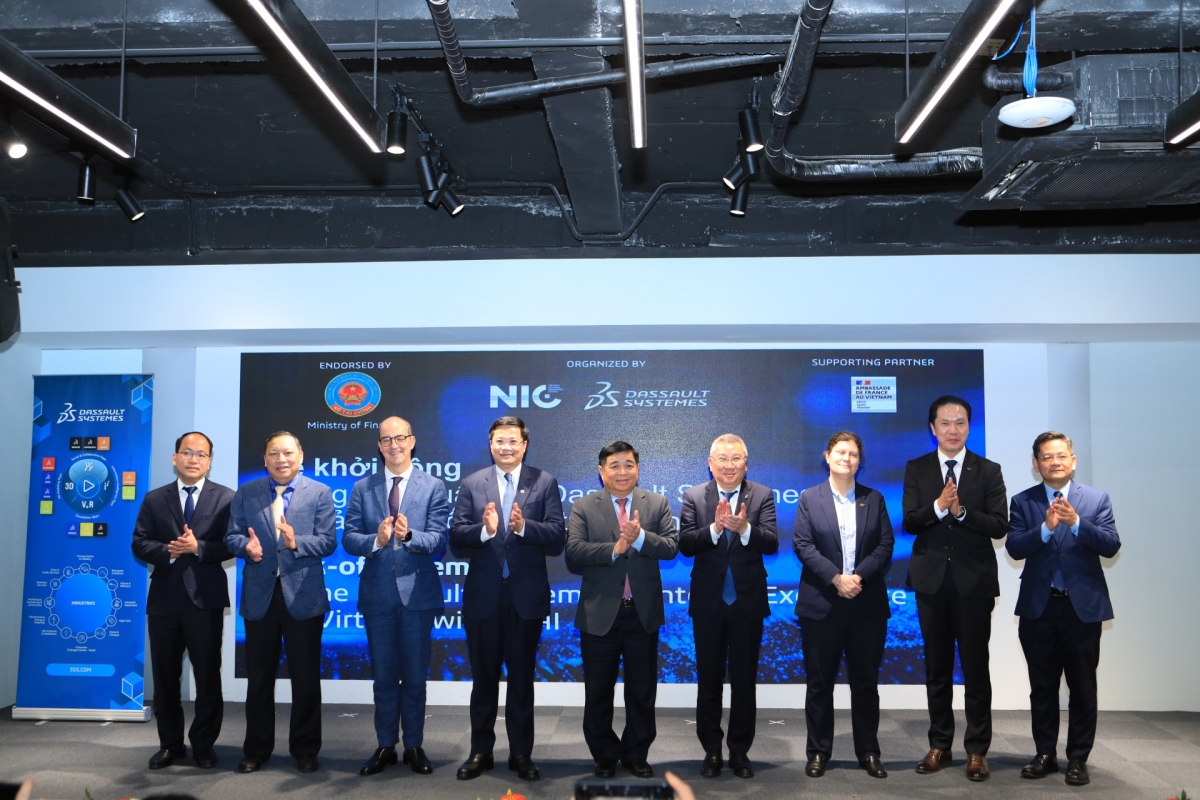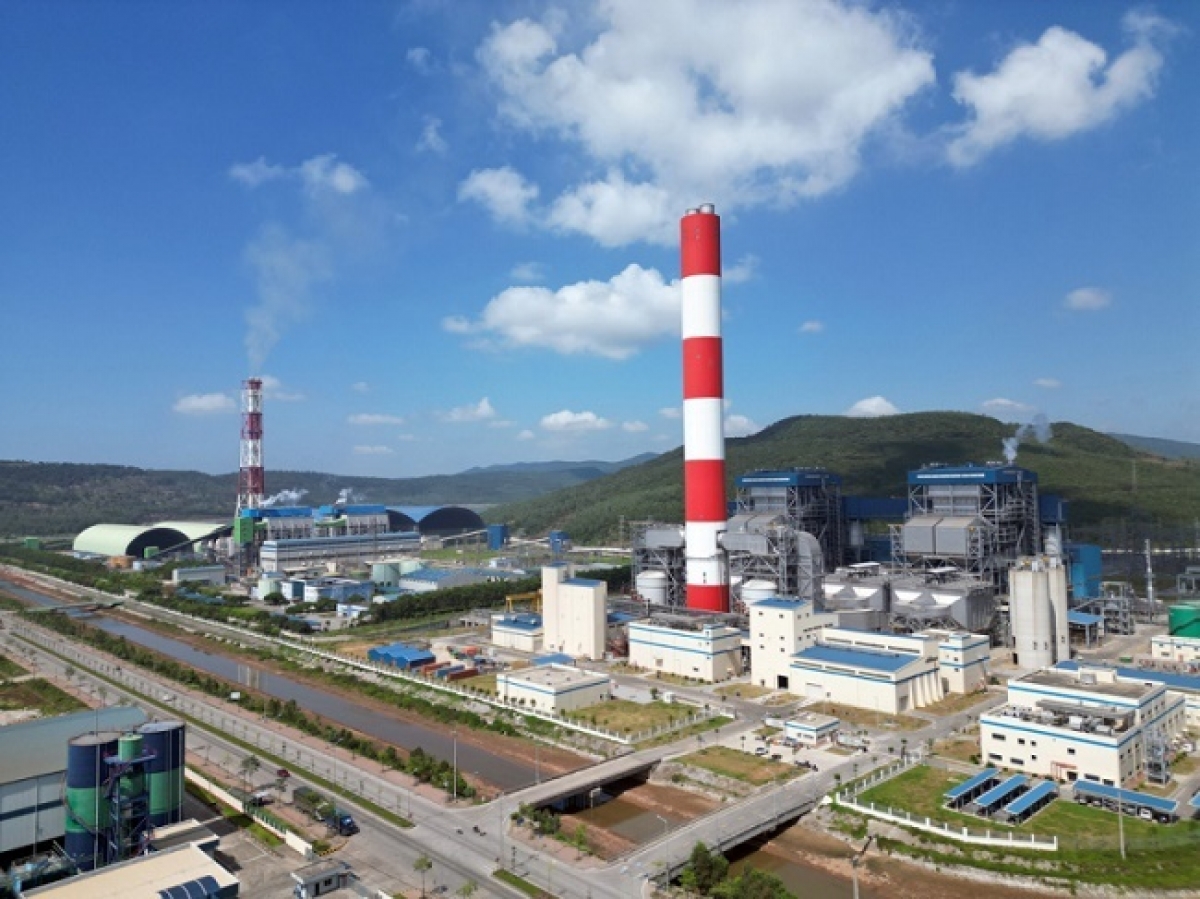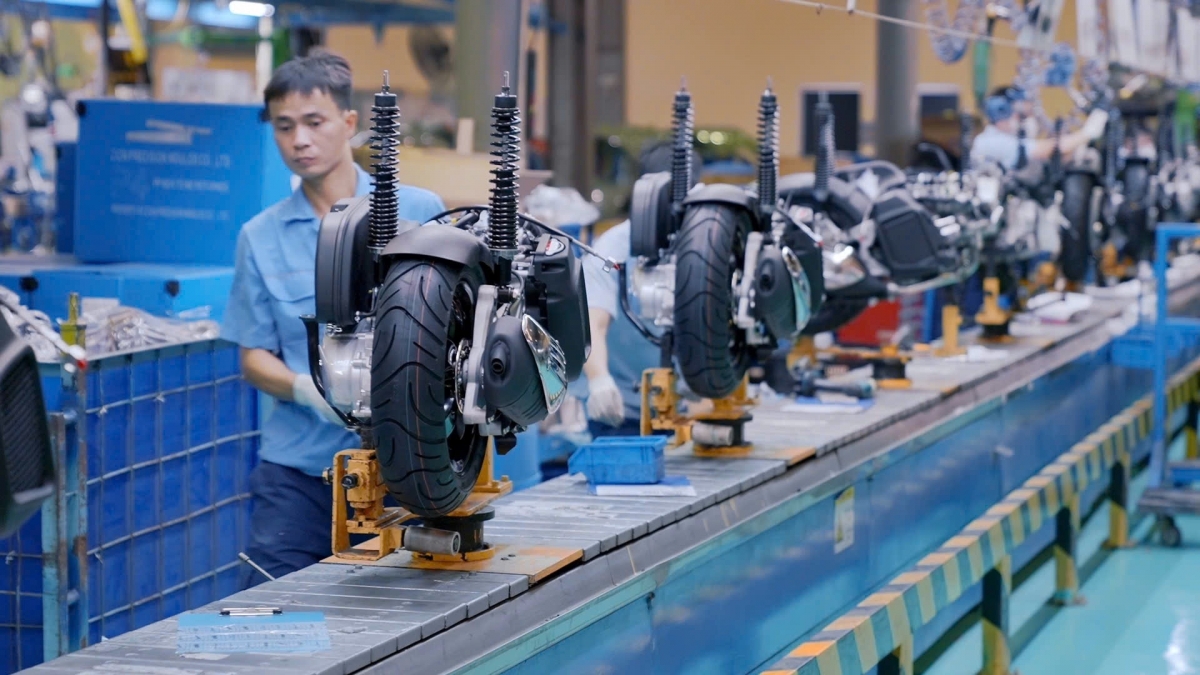INTERNATIONAL INVESTMENT
AND PORTAL
From supporting the day-to-day needs of organisations and individuals to powering the development of advanced technologies, the global manufacturing industry serves as a cornerstone of modern life and economic growth.
 Keat Yap, Asia-Pacific co-lead, Operations and Performance, Kearney
Keat Yap, Asia-Pacific co-lead, Operations and Performance, Kearney
As companies globally look to diversify their operations, one region is rapidly emerging as the next global manufacturing and advanced manufacturing powerhouse – Southeast Asia. A highly diverse region and one of the fastest growing in the world, the region is now home to some of the most attractive manufacturing destinations globally, with Vietnam sitting high on that list.
Traditionally recognised as a manufacturing hub for lower-value-added activities, Vietnam has been establishing itself as a regional research and development centre. Backed by a favourable business environment, government support, strategic location, and skilled workforce, Vietnam is increasingly positioned as a prime manufacturing hub accompanied by a strong manufacturing capacity. In fact, the manufacturing industry boasts a vital role in Vietnam’s economy, accounting for over one-fifth of its GDP.
The nation’s trade relations are facilitating its rise to the fore amidst an evolving global environment. As a result of favourable free trade agreements, such as the EU-Vietnam Free Trade Agreement that eliminates tariffs, Vietnam’s exports to the EU have grown by 50 per cent since the agreement with a focus on key sectors such as apparel, food and beverages and textiles.
Furthermore, with its proximity to China and political stability, Vietnam has benefitted from the China+1 strategy, serving as an alternative destination for companies looking to diversify their value chain. According to Kearney’s 2024 Foreign Direct Investment Confidence Index, which surveys investor sentiment regarding such investment flows in the next three years, Vietnam was placed among the top 20 spots in the emerging market rankings, demonstrating the country’s strength as a market for investors.
The Southeast Asian country also has unmistakable ambitions in the chip sector, particularly when it comes to expanding its talent pool, which serves as the foundation of success. Notably, Vietnam has unveiled plans to train 50,000 semiconductor engineers by 2030. We are seeing universities and educational centres accelerating their efforts in semiconductor workforce training, and the country enhancing partnerships with multinational technology companies to align workforce training with global industry standards. Vietnam’s efforts to expand its skilled workforce would help further solidify its position as a key manufacturing hub in the region.
But in today’s evolving manufacturing landscape, Vietnam must also contend with trends that are set to redefine the future of manufacturing. To capture growth and thrive in a competitive environment, we believe businesses should shift to regenerative approaches to manufacturing by transforming current manufacturing mindsets. To this end, we have identified key goals vital for Vietnam’s manufacturing industry to regenerate for success. These include capitalising on digitalisation and increasing investments in AI and digital solutions.
According to Kearney’s research in 2024, AI implementation was at the top of mind of ASEAN manufacturers, with nearly half of them identifying it as the most crucial manufacturing trend they see today. As Vietnam and the region continue to accelerate AI implementation, manufacturers can leverage AI to streamline production processes and boost value chain efficiencies through data-driven decision-making.
Moreover, amidst a burgeoning climate crisis, we believe ASEAN countries are well-positioned to advance in sustainable development supported by robust sustainability frameworks. Prioritising long-term sustainability would allow Vietnam to contribute to long-term economic and environmental resilience in the region.
For the manufacturing industry, this involves promoting product circularity, minimising waste, and reducing carbon footprints across the value chain, aligning with environmental, social, and governance goals and meeting consumer demands for sustainable practices.
Beyond these, it is also critical for the industry to clearly understand supply chain vulnerabilities, and the agility to adapt to changing market conditions. Industry players should also prioritise a value-focused approach, striking a balance between customer value and cost by optimising production and supply chain processes while maintaining high quality.
Equipped with these pathways to regeneration and key advantages as a rising manufacturing hub, we are confident that Vietnam will continue to capture significant growth opportunities and cement its position in the global economy. As the country continues to advance its manufacturing capabilities on a global stage, we look forward to seeing local ecosystem players working in tandem with key stakeholders and a skilled workforce to remain resilient in the face of global challenges in the year ahead.
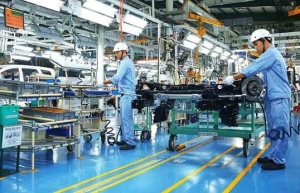 Vietnam on way to become new global manufacturing hub
Vietnam on way to become new global manufacturing hub
Hanoi - Vietnam is now on its way to becoming a new global manufacturing centre.
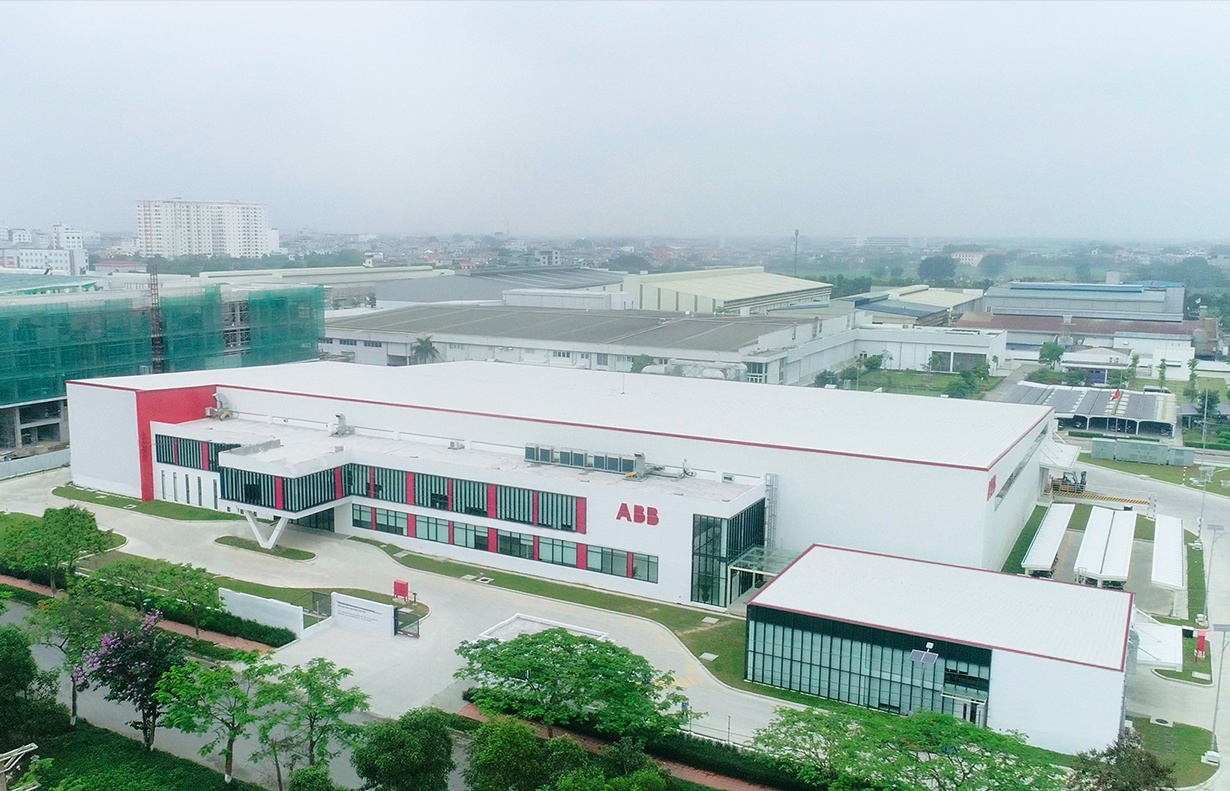 ABB invests $6 million in state-of-the-art electrical distribution manufacturing hub
ABB invests $6 million in state-of-the-art electrical distribution manufacturing hub
ABB has injected $6 million into a state-of-the-art manufacturing hub for electrical distribution solutions in the northern province of Bac Ninh with a view to bolstering the country’s rapid industrial growth.
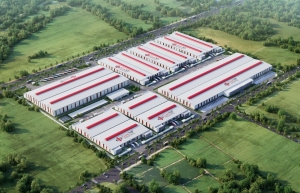 Ha Nam province - a new manufacturing hub for SME expansion
Ha Nam province - a new manufacturing hub for SME expansion
Ha Nam province has become a favourable alternative investment destination for foreign business shifting their manufacturing plants to Vietnam.
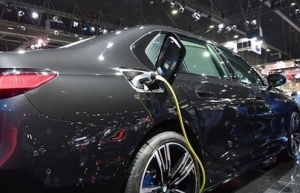 Malaysia looks to become EV manufacturing hub in Southeast Asia
Malaysia looks to become EV manufacturing hub in Southeast Asia
Malaysia aims to attract more electric vehicle (EV) manufacturers as it is striving to establish itself as an EV manufacturing hub for the Association of Southeast Asian Nations (ASEAN), an official has said.
By Keat Yap


